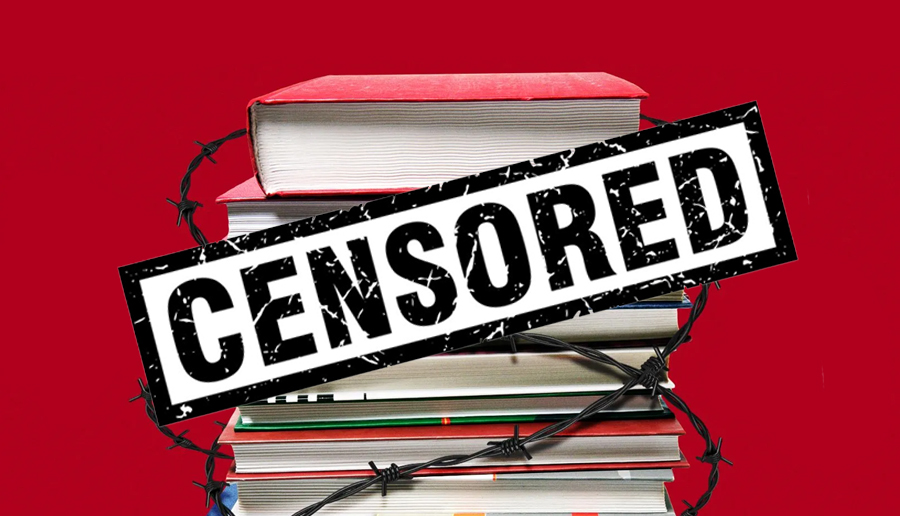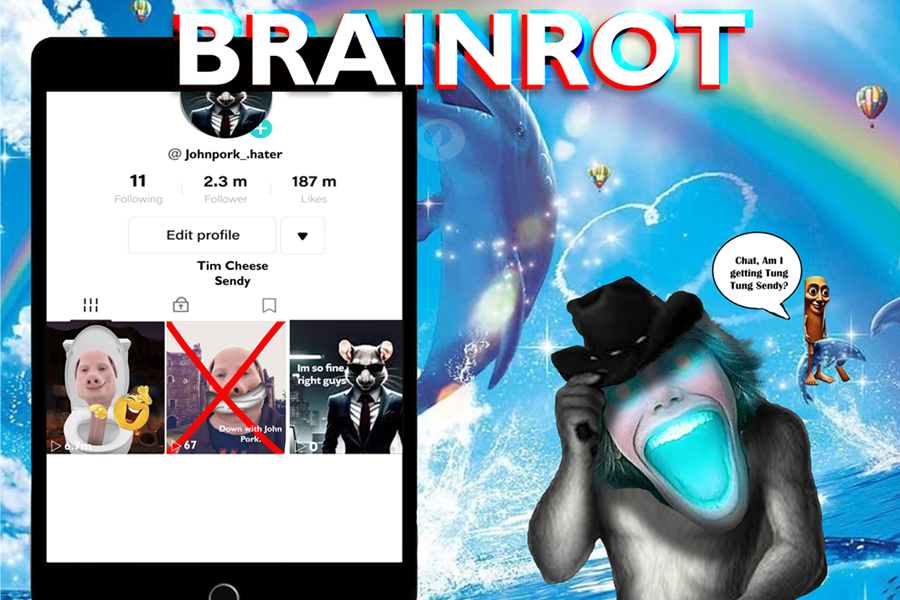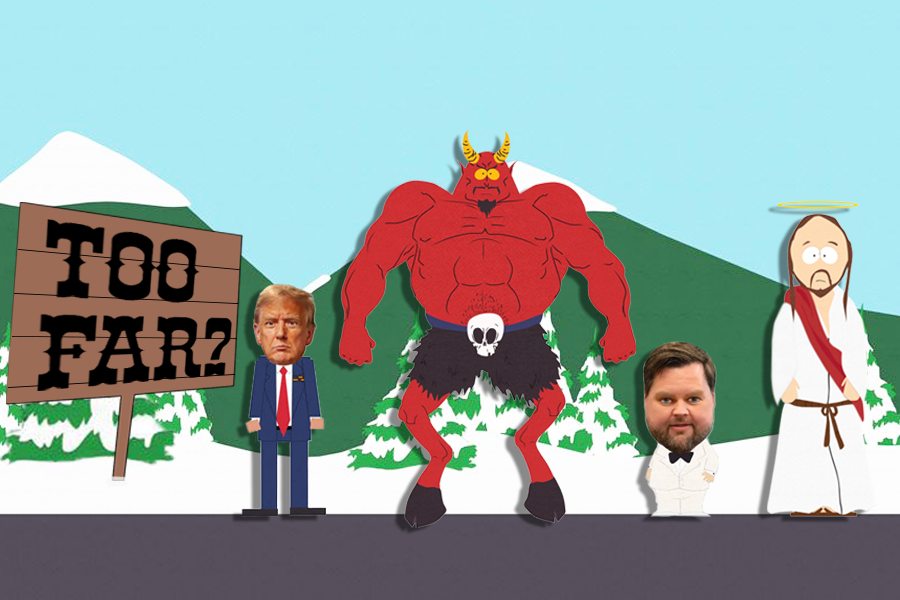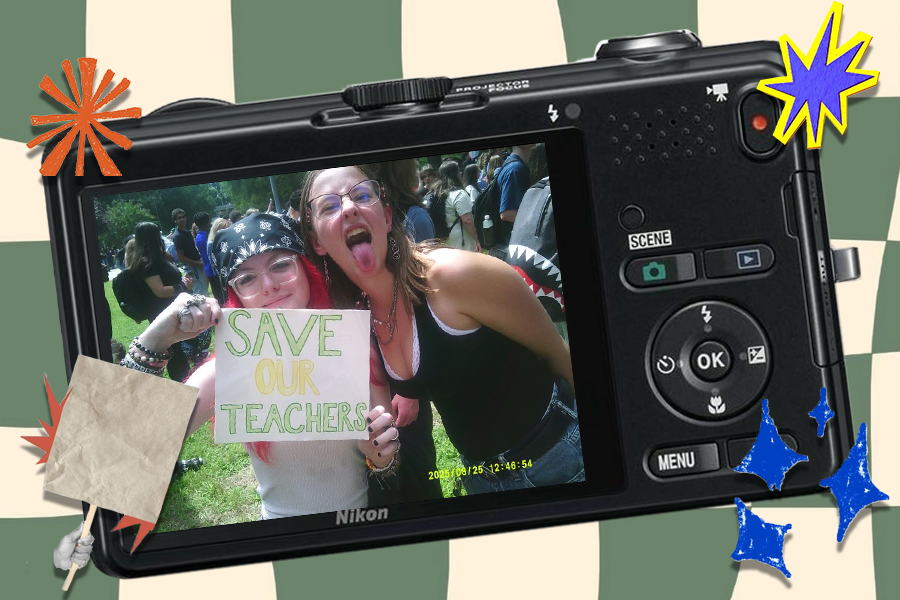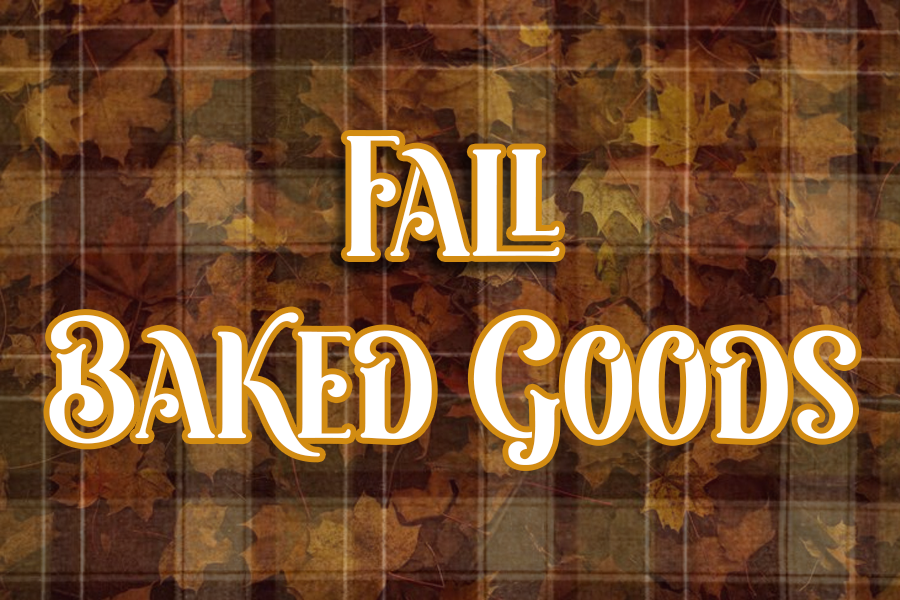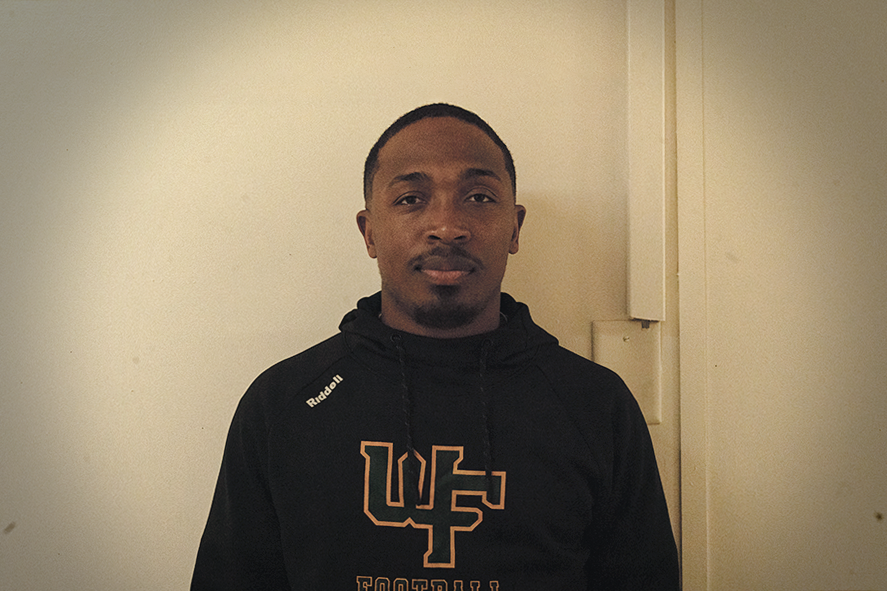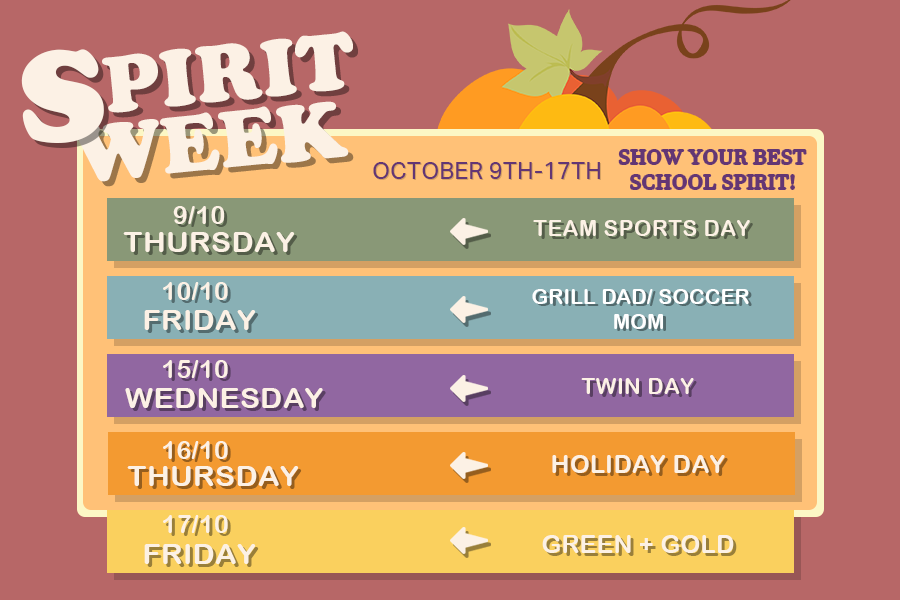American culture is defined by our constitutional freedoms of speech and expression, and is practiced through works of art and literature in which we may communicate our innermost thoughts and ideas without fear of consequence or detainment. But a danger lingers in the American atmosphere as we find this privilege challenged by the unanticipated pandemic of book-banning. Strikingly, this movement’s hypocritical approach to “democracy” seems to have no intention but to cut-off necessary conversation among ‘the People’.
As of 2021, efforts to ban books have reached a record-breaking high, with challenges to over 1,500 books nationwide, almost five times more than years prior. These endeavors, being led mainly by political organizations, seem to be solely out of dissent and fear, rather than genuine concern for the impact a book may have. While most banned-books in the past have been exiled due to parental precaution, censorship seems now to be the main motive. In fact, nearly half of the books on “death row” are written by authors in the LGBTQ+ community or deal with queer themes, while many of the rest tackle issues on race and discrimination. Ironic, isn’t it? Silencing entire groups is not only unconstitutional, but entirely immoral. Though many governmental organizations claim their book-banning efforts are to preserve American ideals and “unity,” the outcome is ultimately the opposite. The government’s conservative agenda is becoming increasingly apparent, and activists are not having it.
Avoiding social issues won’t only halt progression, but will prompt revolt. Protests and rallies, composed mainly of students and educators, have erupted in states all over the country, and several organizations have been created to resist the inhumanity. From marches spanning from the Library of Congress to the doors of the U.S. Supreme Court, citizens are beginning an uprising against governmental restraint. National organizations (not politically affiliated) have also arisen with the mission of voicing the authors whose works of social inequity have been unjustly outlawed; their grievances silenced. And this is not where such revolts end. Documentaries, speeches and boycotts have served, and will continue to serve, as the veins of the operation, to spread the passion of the modern activist (which can no longer be vocalized in books without the risk of suppression) against censorship.
Almost all of the classic literature pieces we know and love have also been either challenged or completely banned as well.; “Fahrenheit 451,” “The Handmaid’s Tale,” “1984,” “The Giver,” “The Diary of Anne Frank,” “The Hunger Games” – the list could go on forever. Again, ironic. The entire premise of “Fahrenheit 451,” for example, is about the dangers of literary censorship, and sure enough, the book became a victim of it. “The Diary of Anne Frank” is both an international treasure and historical artifact sharing the fatal account of a young Jewish girl during the Holocaust; a small-scale representation of the atrocities suffered by millions of innocent Jews of the time. The historical events that we encourage each other not to forget, are being tossed out as if we are trying to forget them, and as a result, some Americans now believe that the Holocaust was just one big, bloody facade. History will repeat itself if discarded.
And as if there isn’t enough irony already, the world proceeds to complain about the declining intellect and attention-span of our generation as if they aren’t the ones stripping it away from us. Illiteracy is being promoted before our very eyes, and we don’t have the resources to see and read into it. Though banned books can still be purchased outside of school, this is a bigger issue than most realize. So, educate yourself while you can; pick up as many books as possible and join the resistance if you feel so led. Remember, we are writing the history the future will read back on and lead with.
Banned Books, Banned Ideas: The dangers of censoring literature
Emma Henkel, Opinion Writer
December 10, 2024
Stack of books at risk of being banned.
2
Donate to The Zephyr
$125
$500
Contributed
Our Goal
Your donation will support the student journalists of WEST FORSYTH HIGH SCHOOL. Your contribution will allow us to purchase equipment and cover our annual website hosting costs.
More to Discover
About the Contributors

Emma Henkel, Opinion Editor
Emma Henkel is a senior this year, going on her 2nd year on the newspaper staff and 1st year as the opinion editor. She hopes to make this most of this year and pursue a college writing and communications major. Outside of school, she’s very artsy and loves to dance, draw, and watch good movies.

Chance Beckmann, Photography Editor
Chance Beckmann is a senior and is thrilled for his first year as a staff member on the Zephyr. He is focused on photography, with a leg in sports writing. When he’s not working on the Zephyr, he’s thrifting, hooping, or laughing.


